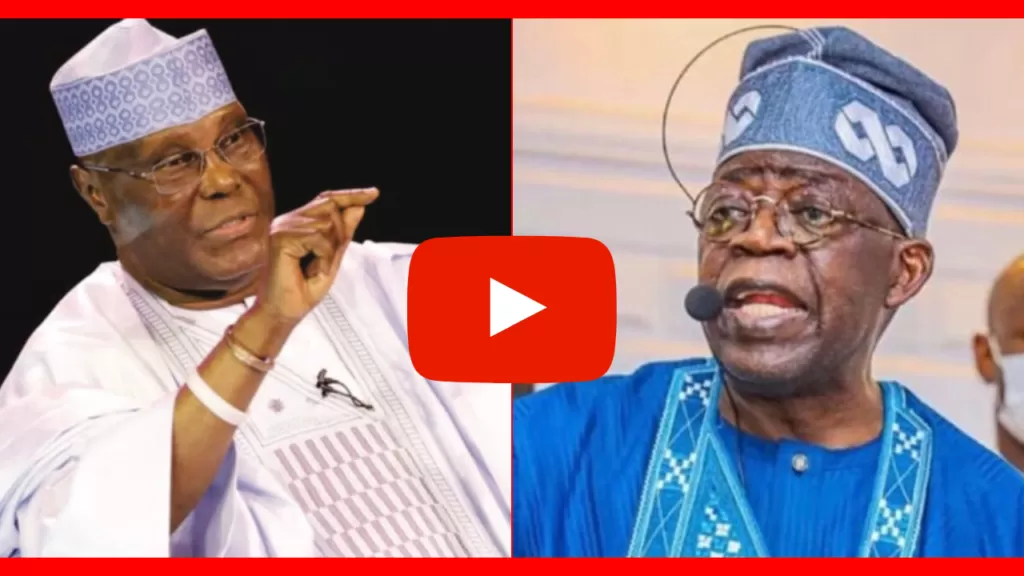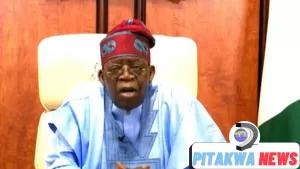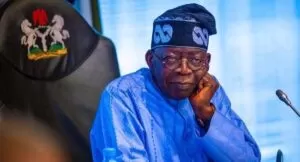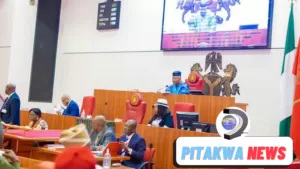Tinubu turning Nigeria into Private Enterprise say Atiku

Atiku Abubakar, Nigeria’s former Vice President and a prominent political figure, has accused President Bola Tinubu of transforming Nigeria into what could be described as a private enterprise, where the future of the nation’s citizens is being “mortgaged” to Tinubu, his family, and associates. Here’s a breakdown based on the information available up to August 22, 2024:
- Allegations of Privatization and Control: Atiku has pointed out that the Nigerian National Petroleum Company Limited (NNPC Ltd) has been maneuvered in such a way that its retail arm, now under OVH, a company with significant ownership by Oando (where Wale Tinubu, a relative of the President, holds interest), represents a form of privatization that benefits a select few close to the President. This move, according to Atiku, was not transparent, with details like the purchase price not disclosed, and it’s seen as an example of how national assets are being integrated into private business interests.
- Criticism of Transparency and Governance: The NNPC’s refusal to disclose details under a Freedom of Information request, claiming to be a private entity despite government ownership, underscores Atiku’s concern over transparency. He suggests that the intention behind privatizing NNPC for increased transparency has been subverted, turning it into a tool for personal gain.
- Legislative Investigations and Skepticism: Despite ongoing legislative investigations into NNPC, Atiku expresses skepticism about these inquiries’ impartiality, especially given the close ties between some investigators and the President. This raises questions about the integrity of the oversight mechanisms meant to check such practices.
- Public Sentiment and Media Coverage: The sentiment echoed across X posts and media reports indicates a mix of concern and criticism over how governance under Tinubu might be favoring private interests over public welfare. There’s a narrative of leveraging national resources for personal or familial gain, which resonates with Atiku’s accusations.
- NNPC’s Response: The NNPC has denied these allegations, asserting that neither President Tinubu nor Wale Tinubu has any direct interest in OVH post the acquisition, and that the management’s decisions are based on professional and commercial considerations, not personal gain.
From this information:
- Atiku’s Perspective: He sees a pattern where national institutions are being used to benefit a private circle, essentially turning governance into a mechanism for private enterprise where public assets are controlled by a few, with long-term implications for national sovereignty and economic independence.
- Public and Media Reaction: There’s a visible concern over the privatization of public assets and the integration of personal business with state functions, which aligns with Atiku’s criticisms. However, these sentiments are mixed with others who might view Tinubu’s actions through a different lens, possibly seeing them as aggressive economic reforms or misinterpretations of business strategies.
- Conclusion: While Atiku’s allegations paint a picture of Nigeria being turned into a private enterprise for the benefit of a select few, the counter-narrative from NNPC and potentially supportive voices suggest a more complex scenario where business decisions might be interpreted as personal gain due to the interconnected nature of Nigerian politics and business. This situation underscores the ongoing debate in Nigeria about governance, transparency, and the line between public service and private interest.







